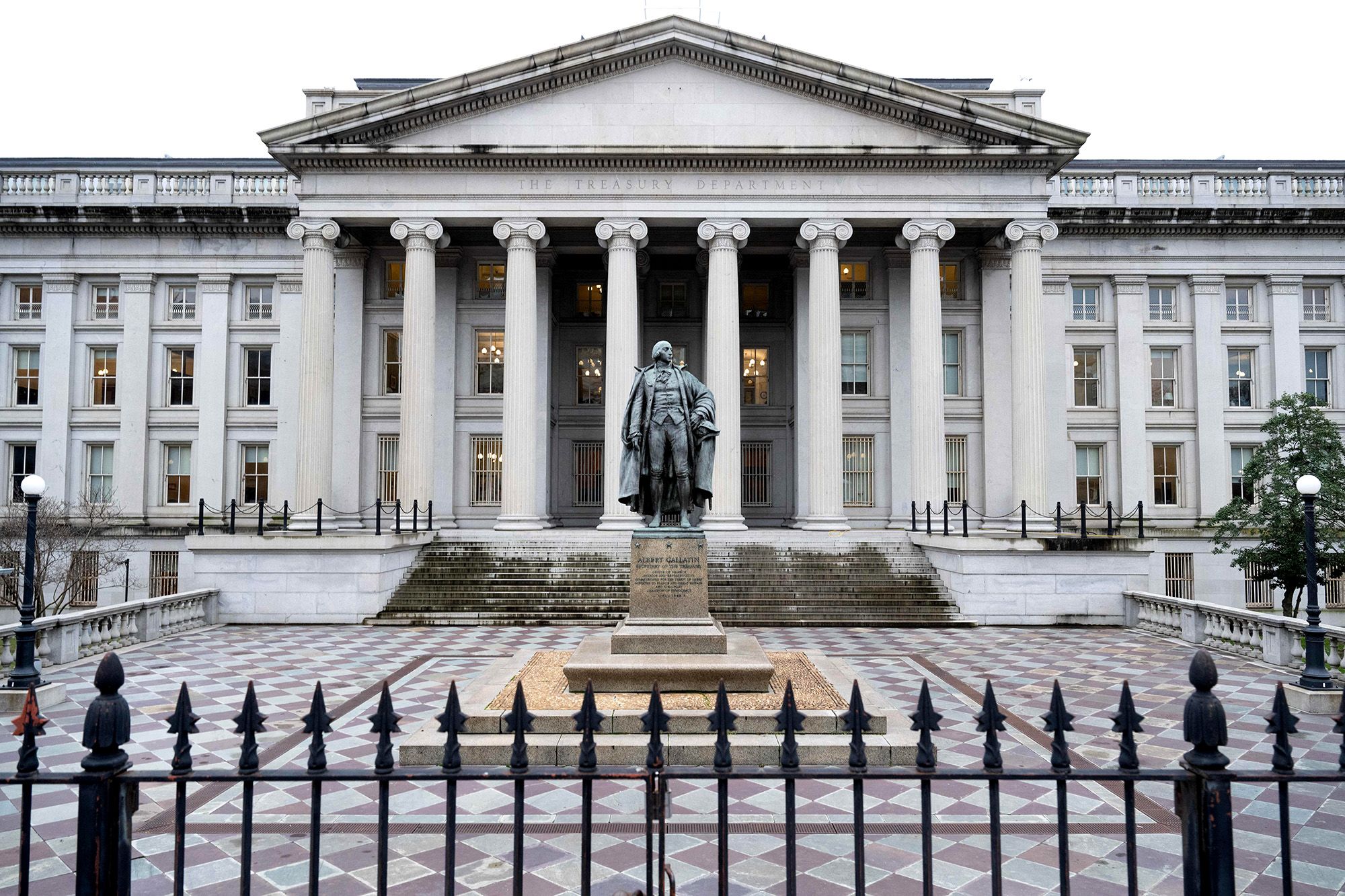US national debt hits record $34 trillion
London (CNN) — The U.S. government’s debt has topped $34 trillion for the first time, just weeks ahead of looming deadlines for Congress to agree to new federal funding plans.
Data published by the Treasury Department showed that “total public debt outstanding” rose to $34.001 trillion on December 29. That figure, also known as the national debt, is the total amount of outstanding borrowing by the US federal government accumulated over the nation’s history.
The milestone comes just three months after the US national debt surpassed $33 trillion, as the budget deficit — the difference between what the government spends and what it receives in taxes — ballooned.
Maya MacGuineas, president of the Committee for a Responsible Federal Budget, a fiscal watchdog, called the record figure “a truly depressing ‘achievement.’”
“Though our level of debt is dangerous for both our economy and for national security, America just cannot stop borrowing,” she said in a statement Tuesday.
Mounting national debt has become a major point of contention between Republicans and Democrats, aggravating stand-offs over the federal budget that threaten to shutdown the government periodically.
Lawmakers in Washington are facing deadlines for the passage of permanent department budgets in January and February after the Senate agreed a stopgap funding bill to avert a government shutdown in November.
That bill extended funding until January 19 for priorities including military construction, veterans affairs, transportation, housing, and the Energy Department. The rest of the government was funded until February 2. It did not include additional aid for Ukraine or Israel.
“We remain hopeful that policymakers will take further measures to reduce our borrowing either by raising taxes, reducing spending, or creating a fiscal commission – or ideally by doing all of the above,” MacGuineas said.
According to the Treasury, the debt that counts towards the debt ceiling — which limits how much the government is allowed to borrow and is also a frequent source of political brinkmanship — rose to $33.89 trillion.
Rising government debt burdens in the United States and elsewhere have become a growing cause for concern because of a recent rapid rise in interest rates, which has made it much more expensive to service that debt.
According to the Peter G. Peterson Foundation, an American bipartisan group that advocates for fiscal responsibility, the US government spends $2 billion a day on debt interest payments alone.
“America’s high and rising debt matters because it threatens our economic future,” the foundation said in a statement Tuesday.
It noted that within 10 years, the federal government will spend more on interest payments than it traditionally has on research and development, infrastructure and education, combined.



